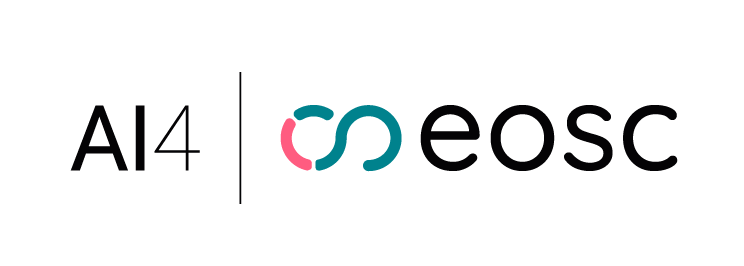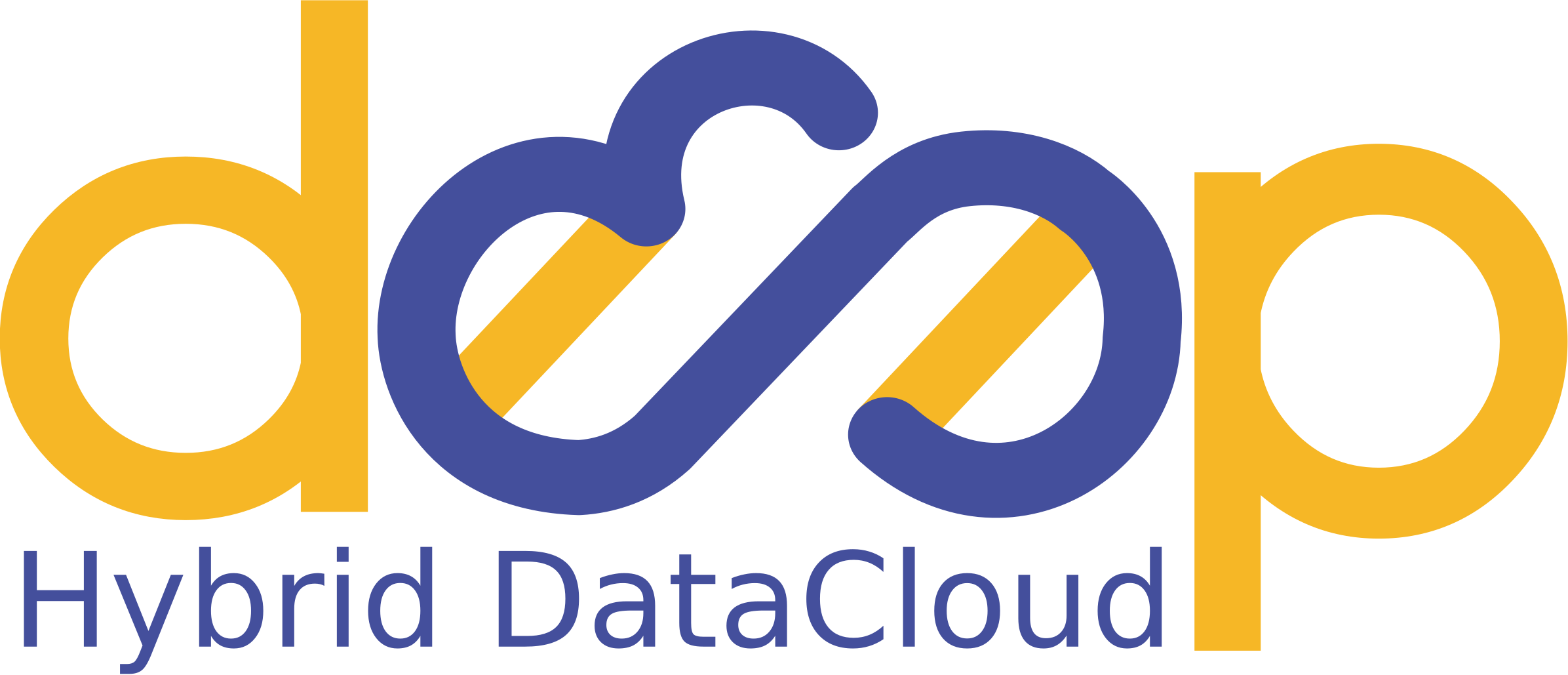DEEP as a Service API (DEEPaaS API) is a REST API built on aiohttp that allows to provide easy access to machine learning, deep learning and artificial intelligence models. By using the DEEPaaS API users can easily run a REST API in front of their model, thus accessing its functionality via HTTP calls. DEEPaaS API leverages the OpenAPI specification.
The DEEPaaS documentation is hosted on Read the Docs.
The best way to quickly try the DEEPaaS API is through:
make run
This command will install a virtualenv (in the virtualenv directory) with
DEEPaaS and all its dependencies and will run the DEEPaaS REST API, listening
on 127.0.0.1:5000. If you browse to http://127.0.0.1:5000 you will get the
Swagger documentation page (i.e. the Swagger web UI).
If you want to run the code in develop mode (i.e. pip install -e), you can
issue the following command before:
make develop
If you are using this software and want to cite it in any work, please use the following:
Lopez Garcia, A. "DEEPaaS API: a REST API for Machine Learning and Deep Learning models". In: Journal of Open Source Software 4(42) (2019), pp. 1517. ISSN: 2475-9066. DOI: 10.21105/joss.01517
You can also use the following BibTeX entry:
@article{Lopez2019DEEPaaS,
journal = {Journal of Open Source Software},
doi = {10.21105/joss.01517},
issn = {2475-9066},
number = {42},
publisher = {The Open Journal},
title = {DEEPaaS API: a REST API for Machine Learning and Deep Learning models},
url = {http://dx.doi.org/10.21105/joss.01517},
volume = {4},
author = {L{\'o}pez Garc{\'i}a, {\'A}lvaro},
pages = {1517},
date = {2019-10-25},
year = {2019},
month = {10},
day = {25},}
This software has been developed within the DEEP-Hybrid-DataCloud (Designing and Enabling E-infrastructures for intensive Processing in a Hybrid DataCloud) project that has received funding from the European Union's Horizon 2020 research and innovation programme under grant agreement No 777435.






